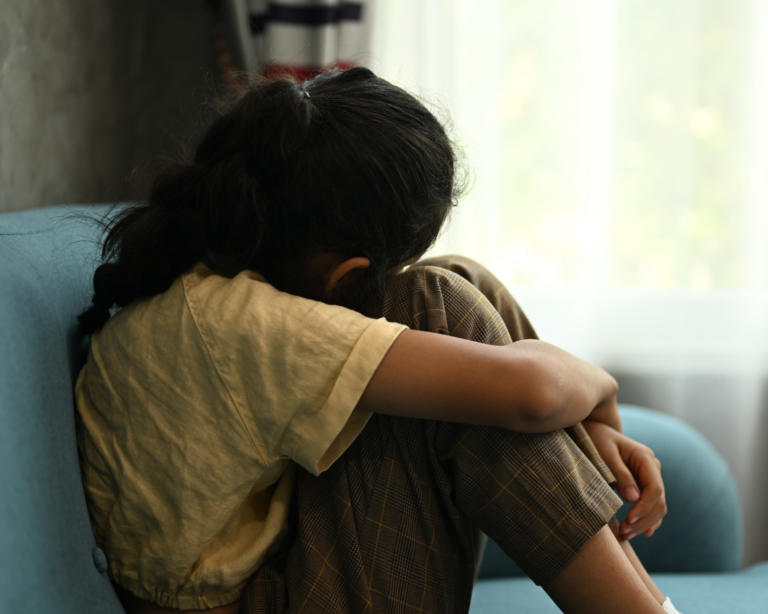Disparities in Unmet Mental Health Needs Among Children
Racial and ethnic minority children are more likely to have unmet treatment needs for mental health conditions than their White counterparts.

Read Time: 3 minutes
Published:
Nearly half of U.S. children do not receive care for a treatable mental health condition. Treatment benefits have robust evidence, but barriers to treatment exist. Research has shown that children from marginalized racial and ethnic groups have lower treatment rates than their White counterparts. Racial and ethnic minority children also receive worse quality of care.
Providing quality mental health care to all children is necessary but complex. Clinicians treating children must rely on parents and other caregivers for information about symptoms, environment, and family history. But little is known about what caregivers think about the mental health treatment their children receive. For example, do their concerns differ by mental health condition and by racial and ethnic group? As most health service studies focus on insurance claims data and mental health utilization, the subjective experiences and needs of children and families are poorly understood.
My colleague and I address this critical knowledge gap using six years of data (2016-2011) from the National Survey of Children’s Health (NSCH), a nationally representative survey large enough to investigate treatment needs by specific mental health conditions across race and ethnic groups. The NSCH asks caregivers to report their children’s unmet treatment needs. It also asks caregivers about children who need but do not receive treatment or counseling from a mental health professional. Our analysis looked at how children’s unmet treatment needs differed by race and ethnicity and by their specific mental health conditions.
Mental health equity demands us to secure more accessible resources for racial and ethnic minority children.
The results were disturbing. Caregivers of racial and ethnic minority families were more likely to report unmet treatment needs than White families across various mental health conditions. On average, a Black child with any mental health condition was more likely to have unmet treatment needs than a White child with a mental health condition. Hispanic and Asian children with anxiety were more likely to have unmet treatment needs than their White counterparts. Among those with behavioral problems, Black children had greater odds of unmet treatment needs than White children. These patterns persisted even after considering a broad range of sociodemographic factors, including insurance type and household income.
Our study adds to knowledge of the lived experiences and social determinants that make it harder for racial and ethnic minority families to protect their children. We reveal the national scale of this problem, that racial and ethnic minority children were more likely to be clinically underserved in mental health. The associations we found were strong and persisted even after considering a broad range of sociodemographic variables such as insurance and household income. Mental health professionals working with children should be aware of these inequities, and work with racial and ethnic minority families to improve their mental health treatment access.
Ideally, all children should receive the care that they need. A child should not be less likely to get help because of how they look or where they come from. Mental health equity demands us to secure more accessible resources for racial and ethnic minority children.



